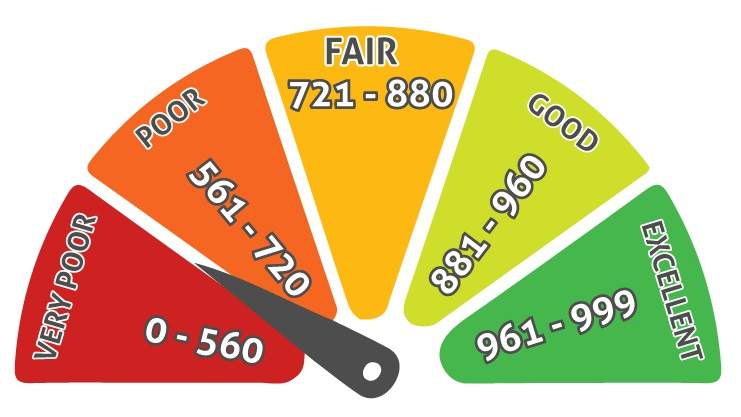
Buying a property is no easy task, it requires a large upfront deposit and a decent income in order to be approved for a mortgage. For most individuals, coming up with a 10% or even 5% deposit can be a real struggle and often is the only thing holding them back from buying their own home. If you are ready to escape the landlord forever and take your first steps onto the property ladder, but are struggling to raise the money, then there are various government schemes available that could help.
Getting your head around the different schemes and how they could work for you can be confusing. This guide covers the government schemes currently available to help you buy a home in the UK, such as Equity Loans, ISAs and Shared Ownership.
Help To Buy – Equity Loan

The Help to Buy scheme was introduced by the government years ago, and you might come across information on the Help to Buy – guarantee scheme while doing your research. The guarantee scheme closed to new applicants in 2016, but the equity loan scheme is still available until April 2021.
It is designed to help first-time buyers or home movers that have a deposit of at least 5% buy a home that is worth less than £600,000. Under Help to Buy – equity loan, you can only buy new builds that are part of the scheme, so your choice of home could be limited.
When you use the Help to Buy – equity loan the government will lend you 20% of the property value, interest-free for the first five years. This means you only need to borrow 75% of the property value from a mortgage lender, making the monthly payments cheaper.
The downside is that the government will control 20% of the property value and you will need to pay the full amount back either when you sell or at the end of the mortgage, and after the fifth year you will start paying interest on the borrowed amount.
Even though the property you buy through the Help to Buy – equity loan scheme will be in your name, you will need to ask approval from a Help to Buy agent if you want to alter the property. They will also need to agree on the sale price when you want to move.
If you are looking to buy property in London, then there is a separate London Help to Buy scheme. It works in the same way, but the government can lend you up to 40% of the property value instead of 20%. See Help to buy mortgages on Lending Expert.
Help To Buy – ISA
If you are a first-time buyer trying to save for a mortgage deposit, then a Help to Buy ISA could be a sensible option for you. You can earn up to 2.53% tax-free interest and then on top of this, the government will add 25% free cash, which can add up to being £1000s on top of what you save.
As long as you are a first-time buyer, then you will be eligible to open a Help to Buy ISA, and they are currently available to open until the end of 2019. A Help to Buy ISA can help you to buy any property you want and isn’t limited to new builds or certain homes like the equity loan scheme.
You can open a Help to Buy ISA with a range of different providers, and you are free to transfer it between providers in order to get the best interest rates.
Help To Buy – Shared Ownership
The shared ownership scheme is available to all non-homeowners, which means if you have owned a property in the past but don’t currently own one then you could be eligible. You must earn less than £80,000 a year, or £90,000 in London, and your location in the country will determine how the shared ownership scheme will work for you.
You will need to pay a 10% deposit of the share that you are buying, as well as have enough to cover stamp duty, moving costs and other fees. The type of property you can buy varies, and you will need to find a home that is available under the scheme within your area. As you are only buying a portion of the property, you will have to pay rent on the rest, but this rent should be subsidised depending on how much you own. See shared ownership mortgages.
Applying for shared ownership is different depending on where in the UK you live. It is crucial to properly understand exactly how shared ownership works in your area and who you should contact to apply.







